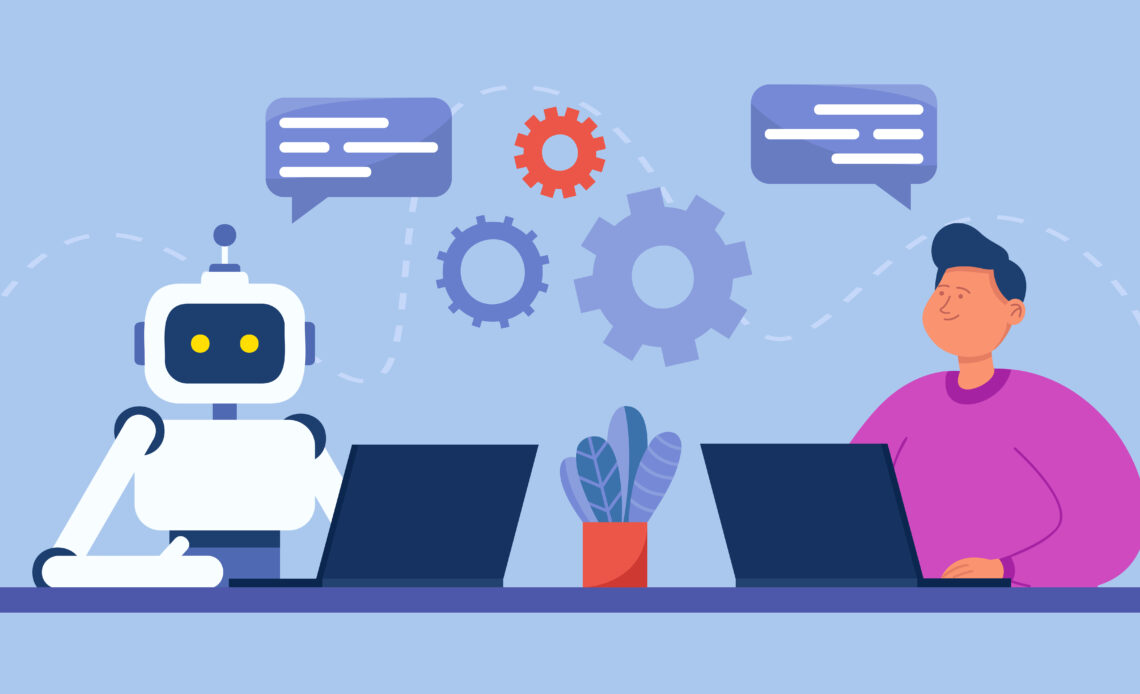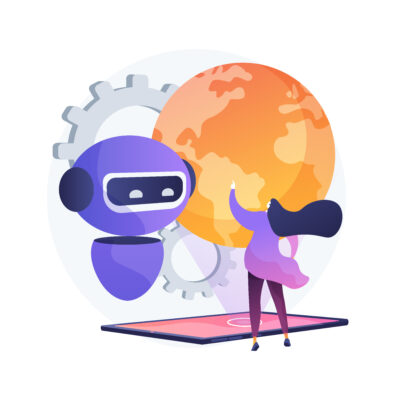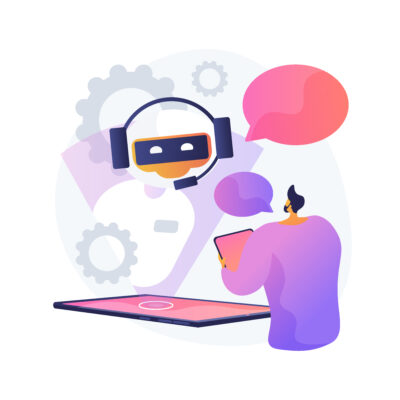
When my colleague told me about ChatGPT, I kinda ignored it at first. However, within two weeks, the term went viral and turned out to be a day savour for some, especially for corporate people, content creators, and of course, writers. The AI language model allows you to have human-like conversations and can assist you with last-minute tasks such as composing emails, essays, articles, codes or whatever you could ask for.
Over the last couple of years, artificial intelligence (AI) has rapidly evolved, and natural language processing has emerged as a crucial aspect of AI. Chatbots have become an essential tool for businesses to communicate with their customers, and OpenAI-backed ChatGPT has played an indispensable role in transforming the way people interact with machines. Let’s understand the role of ChatGPT along with its pros and cons.
Role of ChatGPT in Various Industries:
ChatGPT is a language model that can generate human-like responses to any input. The pre-trained platform is not programmed and works completely on a large corpus of text with a pinpoint set of responses, making it capable of understanding the context of any conversation and generating proper responses. Let’s look at the top 3 industries where ChatGPT is making a significant contribution.
Customer Service:
ChatGPT can become an essential part of customer service for many companies due to its ability to provide 24/7 support and handle large volumes of customer inquiries along with complaints. The AI platform can provide instant responses, resolves simple issues, and escalates more complex problems to human agents.
E-commerce:
ChatGPT can help e-commerce companies increase their sales by providing personalised recommendations to customers. By analysing customer behaviour, the platform offers suggestions for products and services that are likely to be of interest to them. It helps customers to have a great buying experience by answering questions about products and providing support after a purchase.
Healthcare:
ChatGPT can also make its way into the healthcare industry, where it can provide support to patients by answering their questions about medical conditions, medication, and treatments. The platform can also help healthcare professionals by providing up-to-date information on medical research and treatment options.
Pros of ChatGPT:

Efficiency:
ChatGPT is capable of handling multiple conversations simultaneously, which makes it efficient in handling customer queries. It can respond to customer queries 24/7 without any breaks, ensuring customers receive help when needed.
Personalisation:
ChatGPT can provide personalised assistance to customers based on their specific needs. It can analyse previous conversations and understand the context to provide relevant responses.
Scalability:
ChatGPT can be scaled to handle a large number of conversations without any additional resources. It is an excellent tool for businesses that are growing rapidly and need to provide customer support to a large customer base.
Cons of ChatGPT:

Lack of empathy:
ChatGPT does not have emotions, which means it cannot understand the emotional state of a customer. This lack of empathy can sometimes result in inappropriate responses, leading to customer dissatisfaction.
Language limitations:
ChatGPT is only as good as the data it has been trained on. If it has not been trained in a particular language or dialect, it may struggle to understand and generate responses in that language.
Lack of creativity:
ChatGPT can provide inaccurate responses as it generates responses based on the data it has been trained on, which means it may not be able to provide creative solutions to complex problems.


Your point of view caught my eye and was very interesting. Thanks. I have a question for you.